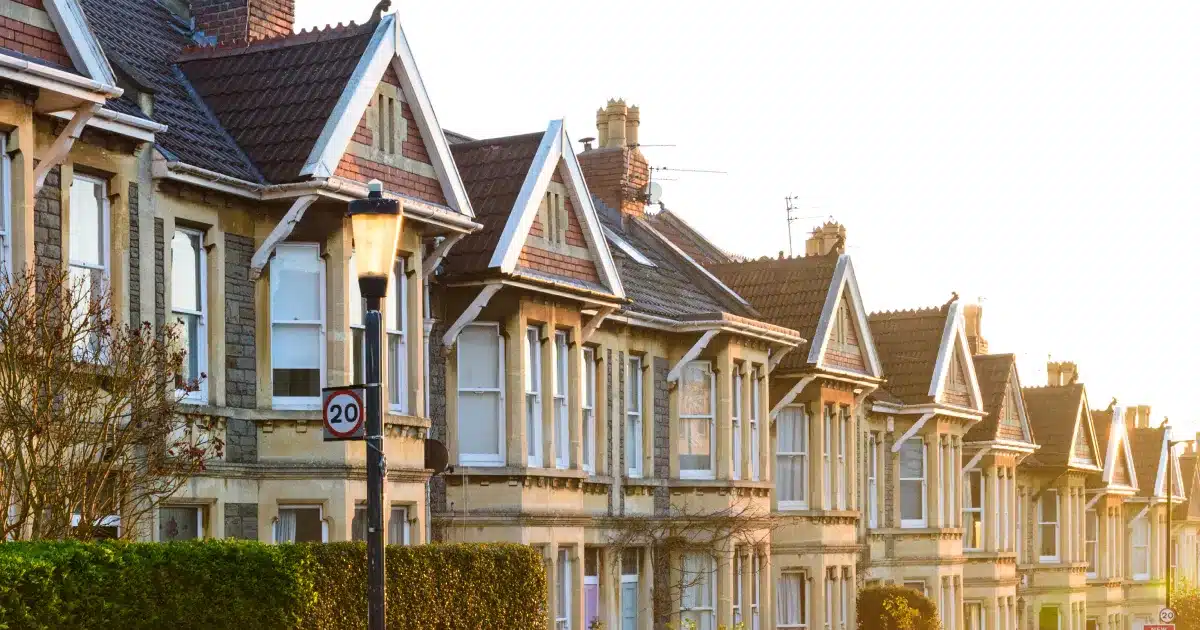Did you know that leaving your house empty for an extended period could put it at serious financial risk? While you might think your standard home insurance has you covered, most policies become invalid if your property is left unoccupied for more than 30-60 days.
An empty property is a magnet for trouble – from undetected burst pipes and storm damage to theft and vandalism, the longer a house sits empty, the higher the risk of something going wrong. That’s where unoccupied property insurance comes in.
What Is Unoccupied Property Insurance?
Also known as vacant property insurance or empty house insurance, this is a specialist policy designed to protect your home when no one is living in it. It provides the essential coverage that a standard policy lacks, giving you peace of mind whether your home is on the market, between tenants, or undergoing renovation.
Types of Cover Available
Whether your home will be empty for a few weeks or a few years, there’s a solution for you:
- Short-Term Unoccupied Home Insurance: Perfect for homes awaiting new tenants or a sale, this cover can be purchased for a specific period, such as 30, 60, or 90 days, or up to 12 months.
- Long-Term Vacant Property Insurance: A more comprehensive option if you know your home will be empty for an extended period, such as during a long-term relocation or while dealing with an estate.
- Specialist Cover Options: If you’re undertaking major structural work, you might need Renovation Insurance. If you are an executor dealing with a property in probate, Executor’s Property Insurance is designed for that specific situation.
What Does Unoccupied Property Insurance Cover?
While policies can vary, most include protection against major risks like:
- Fire, flood, and storm damage
- Theft and vandalism
- Public liability (in case someone is injured on your property)
Many insurers also offer optional add-ons, such as accidental damage or legal expenses, to provide a more tailored policy.
Important Conditions to Know
To keep your cover valid, insurers typically require you to take proactive steps to protect the property. This can include:
- Regular Inspections: Having a designated person check the property weekly or monthly.
- Securing the Property: Ensuring all doors and windows have proper locks and considering a burglar alarm or CCTV.
- Managing Utilities: Turning off non-essential utilities like the water or gas supply to prevent leaks or other damage.
The Cost of Doing Nothing
Leaving your empty property uninsured is a significant gamble. If something happens – a fire, burst pipe, or break-in – you could face substantial repair costs entirely out of pocket. Unoccupied property insurance is a crucial investment that ensures you’re financially protected, no matter how long your home is vacant.
Key Takeaway: If your house will be empty for more than a few weeks, don’t assume your standard policy will cover you. Check the terms and consider a specialist unoccupied property insurance policy. It’s the smartest way to protect your investment and avoid costly surprises.
Frequently Asked Questions About Unoccupied Property Insurance
1. How long can a house be left empty before insurance is affected? Most standard home insurance policies allow a property to be vacant for 30-60 days. After this period, the policy may become invalid, leaving you uninsured. It’s essential to check the specific terms of your policy to be sure.
2. What does unoccupied property insurance cover? It typically protects against major risks such as fire, theft, vandalism, flood, and storm damage. It also includes public liability coverage in case someone is injured on your property. Many policies offer optional extras, like accidental damage or legal expenses, for a more comprehensive plan.
3. Is unoccupied property insurance more expensive than standard home insurance? Yes, it is often more costly. Insurers see empty properties as a higher risk due to the increased chance of damage going unnoticed or the home being a target for theft. However, the protection it provides against potential financial loss is often well worth the cost.
4. Do I need unoccupied property insurance if my home is being renovated? For minor cosmetic updates, your standard home policy might suffice. However, if you are undertaking major structural work, you will likely need a specialist renovation insurance policy or an unoccupied property policy that specifically covers building works. Always inform your insurer about the scope of the renovations.
5. Can I get short-term unoccupied property insurance? Yes. Many insurers offer flexible, short-term policies for 30, 60, or 90 days, or up to 12 months. This is an ideal solution if your home is temporarily vacant while between tenants, on the market, or if you are away for an extended period.
Cofton Insurance Services – Here to Help
We insure all types of property insurance, from private homes and workplaces to large commercial buildings. Contact us now for a quote and further advice.

